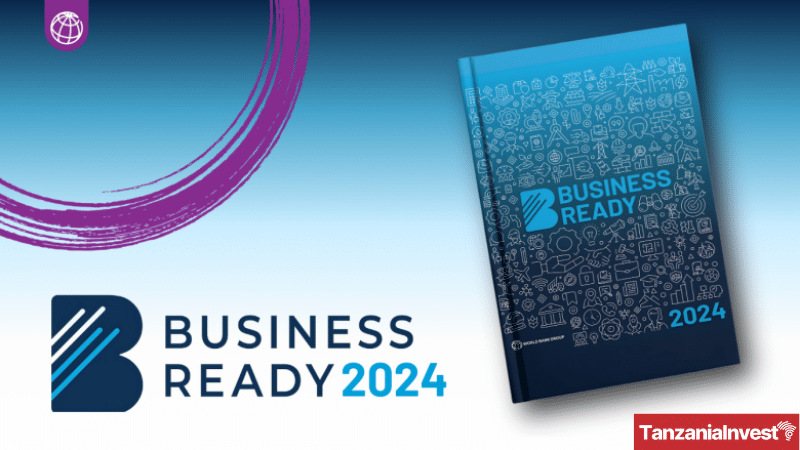The World Bank has released its Business Ready 2024 (B-READY) report, evaluating business environments across 50 economies worldwide.
The Business Ready (B-READY) is a new World Bank Group flagship report launched in 2024 to evaluate business and investment climates worldwide. It replaces and improves upon the previous Doing Business project, which was discontinued in 2021.
The first three editions of the B-READY report will gradually expand to cover about 180 economies worldwide by 2026. This sequencing is necessary to put together expert-provided and firm-survey data and refine the project’s methodology, with the objective of producing a full baseline for the B-READY dataset.
The B-READY 2024 report is the inaugural edition and covers 50 economies that represent all income levels and geographic regions around the world.
The criteria for inclusion in the assessment are having a population of one hundred thousand or more and ensuring the feasibility of data collection from experts and firms according to the B-READY methodology.
The B-READY report uses a scoring system ranging from 0 to 100, where 100 represents the best possible performance.
Each economy is evaluated across three pillars: Regulatory Framework, Public Services, and Operational Efficiency. The report divides economies into five equal groupings (quintiles) based on their scores within each pillar and topic.
Tanzania has achieved a top quintile ranking in Utility Services according to the report, scoring 78.73 points and placing fifth globally in this category.
The Utility Services topic covers three key utilities essential for business operations: electricity, water, and internet services. These utilities play a vital role in economic and social development by providing essential inputs that every business needs to function.
Disruptions in utility services can significantly impair firm productivity, revenue, and economic growth. According to the report, losses stemming from power and water outages have been estimated at US$82 billion annually for firms in developing economies.
Tanzania’s Utility Services score of 78.73 is broken down across the three assessment pillars:
- Regulatory Framework (75.56 points): This measures the quality of Tanzania’s regulations for efficient deployment of utility connections and quality of supply, including regulatory monitoring and environmental sustainability.
- Public Services (69.50 points): This evaluates Tanzania’s monitoring of service reliability, transparency of service outages, tariffs, and complaint mechanisms.
- Operational Efficiency (91.13 points): This examines the time and cost to obtain connections and the reliability of service supply in Tanzania.
Tanzania’s exceptionally high score in Operational Efficiency (91.13) indicates that businesses in Tanzania experience relatively efficient connection processes and reliable service supply for electricity, water, and internet services compared to other economies.
In other business environment areas, Tanzania scored 69.15 in Business Entry, 53.62 in Business Location, 63.95 in Labor, 61.57 in Taxation, 60.11 in International Trade, 67.18 in Financial Services, 52.24 in Market Competition, 60.90 in Dispute Resolution, and 49.61 in Business Insolvency.
The report identifies Tanzania as one of only five economies (along with Costa Rica, Mauritius, Peru, and Viet Nam) that scored in the top quintile for any two topics, demonstrating areas of excellence in an otherwise mixed performance across categories.
Among East African nations included in the report, Rwanda stands out as the regional leader, ranking in the top quintile across multiple categories. Rwanda scored 82.09 in International Trade and performed strongly in Public Services with a score of 67.37, making it the highest-performing Sub-Saharan African economy in this pillar.
Tanzania’s score of 78.73 in Utility Services places it ahead of many regional competitors, demonstrating its strength in providing essential services to businesses. In International Trade, Tanzania scored 60.11, positioning it in the middle quintile, while Rwanda achieved 82.09 points in the same category.










